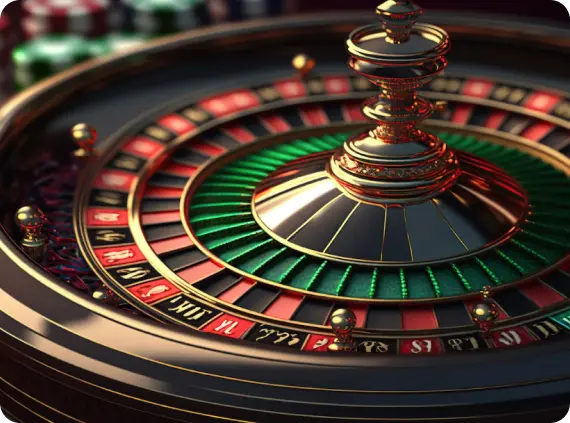Gambling Addiction
What is Gambling Addiction?
In short, gambling addiction is an uncontrollable urge to continue wagering on various casino games or events no matter how much it hurts oneself or impacts those around them. This could lead to loss of emotional support from loved ones, depleted financial health and, depending how long the addiction lasts, negatively effect ones mental and physical health.
There are three primary types of gambling addiction.
Binge
Much like those who experience bouts of binge eating or drinking (alcohol), binge gambling is when somebody gambles a lot of money over a short period of time. Binge gamblers may appear to have their addiction under control at certain times, but the urge to bet overtakes their good judgement over a small window of time and they make excessive wagers which sometimes pays off and sometimes doesn’t.
Problematic
Problematic gambling is a more continual form of addiction where the person doesn’t tend to take time off. Problematic gamblers can be unaware of their addiction, and hurt those around them, or they could be aware of their addiction, but be unable to control it, put their health at risk and alienate their loved ones. Addiction in any form always leads to harm.
Compulsive
The Mayo Clinic refers to compulsive gambling, also known as gambling disorder, as an uncontrollable urge to bet no matter the financial, emotional, mental and physical toll it takes on oneself or family. Compulsive gamblers often have a tough time admitting they have a problem, which places the burden on those close to him or her to diagnose, call attention to and intervene, which can lead to uncomfortable discussions.
How to Gamble Responsibly
Gambling responsibly is essential to ensure that it remains an enjoyable form of entertainment and does not lead to negative consequences such as addiction or financial problems. Here are some tips on how to gamble responsibly:
- Having an obsessive preoccupation with gambling
- Needing to gamble with increasing amounts of money just to get the same thrill
- Unsuccessfully attempting to control, cut back, or stop gambling
- Feeling restless or irritable when unable to gamble
- Gambling to escape problems or relieve feelings of helplessness, guilt, anxiety, or depression
- Attempting to get back lost money by gambling more

Gambling Addiction Treatment
Gambling addiction, also known as pathological gambling or compulsive gambling, is a serious condition that can have detrimental effects on a person's life, including their finances, relationships, and mental health. Fortunately, there are various treatments and strategies available to help individuals overcome gambling addiction. Treatment typically involves a combination of therapeutic approaches and support systems. Here are some key components of gambling addiction treatment:
Self-Exclusion Programs
Many countries have self-exclusion programs that allow individuals to voluntarily ban themselves from entering casinos or gambling establishments. These programs help create a barrier to access gambling venues.
Individual Therapy
One-on-one counseling with a trained therapist or counselor can be highly effective. Cognitive-behavioral therapy (CBT) is a commonly used approach, which helps individuals identify and change the thought patterns and behaviors that contribute to their addiction.
Family Therapy
Gambling addiction can strain relationships with family members. Family therapy can help educate loved ones about the addiction and teach them how to provide support and encouragement.
Medication
In some cases, medications may be prescribed to help manage the underlying issues that contribute to gambling addiction, such as depression, anxiety, or impulsivity. However, medication is typically used in conjunction with other forms of therapy.
Financial Counseling
Individuals with gambling addiction often face significant financial difficulties. Financial counseling can help them develop a plan to address debts, manage their finances, and work toward financial stability.
Lifestyle Changes
Encouraging individuals to develop healthier habits, hobbies, and interests can help fill the void that gambling may have once occupied in their lives.
Relapse Prevention
Learning strategies to prevent relapse is a crucial aspect of treatment. Individuals are taught to recognize triggers and develop coping skills to manage cravings and urges.
Long-Term Support
Recovery from gambling addiction is an ongoing process. Many individuals benefit from ongoing support, including regular therapy sessions or participation in support groups, to maintain their progress.
Addiction Treatment
Most online casinos offer addiction resources to help their customers out in time of need:
Casino | Recommended Gambling Addiction Resources | |
|---|---|---|
Bovada | www.gamblersanonymous.org | |
Ignition | www.ncpgambling.org | |
Cafe Casino | www.ncpgambling.org | |
Slots.LV | ||